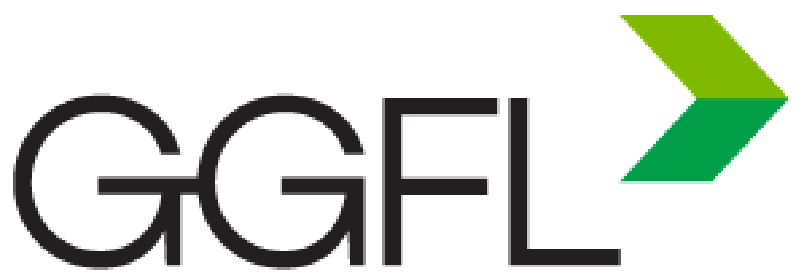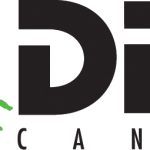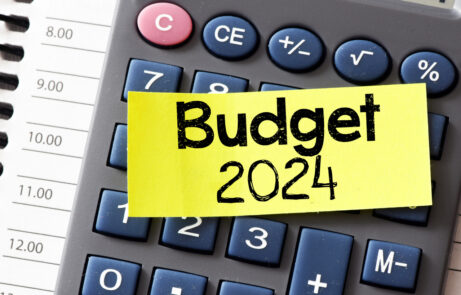By John Connolly, BBA, CPA, CMA, MRSB Group, Charlottetown, PEI (DFK Affiliate Firm)
On July 18, 2017 and December 13, 2017, the Department of Finance introduced changes to the taxation of dividends that an individual receives from a private company. Many people who receive dividends from a private company could see that income taxed at the top personal tax rate without the benefit of the personal tax credits regardless of what other income they have. The new rules include a maze of exclusions that the Department of Finance says are intended to better target owners of private companies who attempt to “lower their personal income taxes by sprinkling their income to family members who do not contribute to the business.”
Canada Revenue Agency published initial guidance on how they will apply the new rules with a number of examples. They expect that their interpretation and application of the rules could change as they gain experience in dealing with specific factual situations. The current guidance is found at:
Individuals older than 24 who are unable to meet the less subjective tests for exclusion from these rules will have to rely on a highly subjective exclusion for a “reasonable return” on their contributions to the business. The value of contributions to the business will be measured based on labour contributions, property contributions, risks assumed for the business, amounts received from the business in the past, and “such other factors as may be relevant”. CRA’s published guidance says that factors they will consider when determining what is a reasonable return may include the following:
LABOUR CONTRIBUTION
- The nature of the tasks performed;
- Hours required to complete the tasks;
- A competitive salary/wage for the tasks in relation to businesses of similar size and industry;
- Education, training and experience;
- Degree of activities and nature of activities in relation to those of a business of a comparable nature and size;
- Time spent on the activity in comparison to time spent in other activities or undertakings;
- Particular knowledge, skills or know-how that the individual possessed;
- Business acumen; and
- Past performance of functions.
PROPERTY CONTRIBUTION
- The amount of capital contributed to the business;
- The amount of loans to the business;
- The fair market value of property (both tangible and intangible property) transferred to the business, including technical knowledge, experience, skill, or know-how;
- Whether the individual has provided property as collateral for loans or other undertakings;
- Whether other sources of capital or loans are readily available;
- Whether comparable property is readily available;
- Whether property is unique or personal to the individual;
- Opportunity costs; and
- Past property contributions.
RISK ASSUMPTION
- Whether the individual is exposed to the financial liabilities of the business, whether through guarantees of mortgages, loans or lines of credit or otherwise;
- Whether the individual is exposed to statutory liabilities related to the business;
- Extent of the risk that contributions made by the individual to the business may be lost, whether in whole or part;
- Whether any risk is indemnified or otherwise limited in the circumstances, whether by agreement or otherwise;
- Whether the individual’s reputation or personal goodwill is at risk; and
- Past or ongoing risk assumption.
TOTAL AMOUNTS PAID
In determining whether a payment received by the individual exceeds a reasonable amount, account should be taken of other amounts previously paid to the individual. This should generally include any payment of any kind (including salary or other remuneration or compensation, dividends, interest, proceeds, and fees), benefits, and deemed payments (as may be reasonably required in the circumstances).







